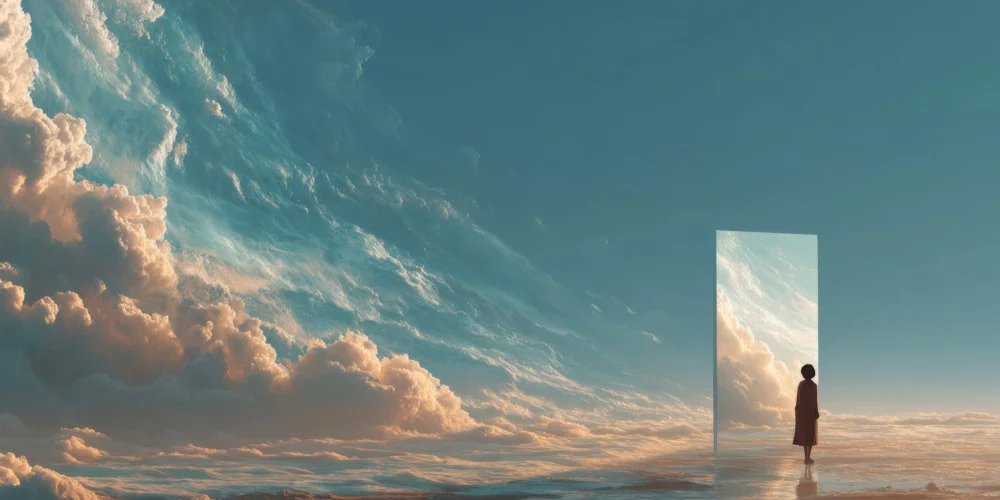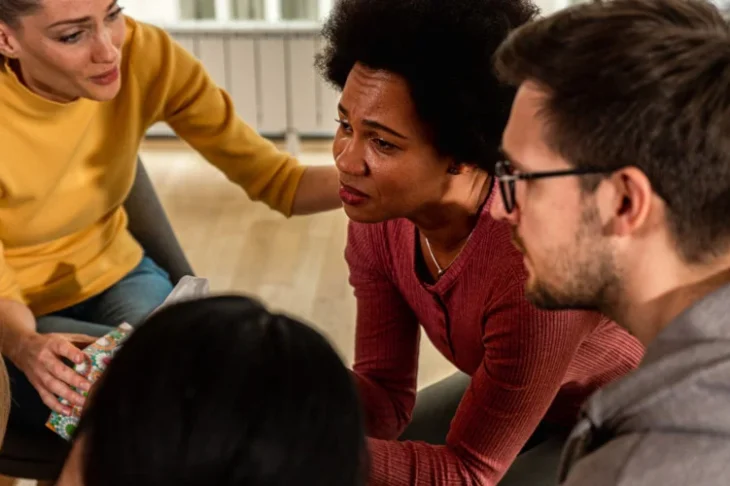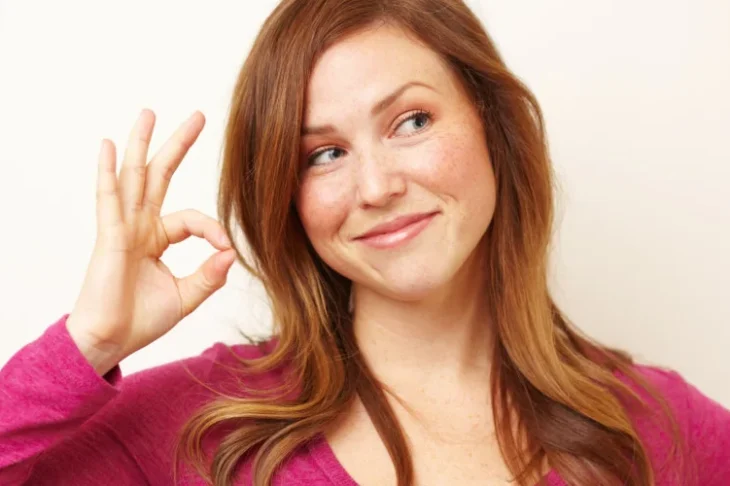
The Disappearing Act of Addiction
Addiction isn’t always loud. It doesn’t always end in flashing lights, broken bottles, or public collapse. Sometimes it’s quiet, a gradual vanishing. One day you wake up and realise you’re no longer really here. You go through the motions, say the right things, smile when expected. But the person doing it all feels like a stranger wearing your face.
That’s what addiction does, it doesn’t just steal your health, your money, or your relationships. It steals you. It’s a slow, deliberate ghosting, not of others, but of yourself.
The First Disappearance
It starts small. You tell yourself you’ll only use on weekends. Only after work. Only when you’ve had a bad day. You make promises you fully intend to keep, until you don’t. Each little compromise feels harmless, but every one takes a piece of you. The version of you that kept promises, that meant what they said, starts fading. You stop showing up for yourself.
That’s the first disappearance, the moment you start existing in fragments, one self for the world, another for the addiction.
The Split Between Who You Are and Who You Show
Addiction builds a double life, one polished, one hidden. You keep up appearances, the job, the friends, the small talk. But behind it all, there’s another world, one ruled by secrecy, shame, and craving.
At first, you believe you can manage both. But over time, the hidden life grows, and the public one becomes harder to maintain. You start cancelling plans. Avoiding eye contact. Avoiding mirrors. You haven’t vanished physically, but emotionally you’re fading. You’re no longer in your life, you’re performing it.
The Lie That Protects the Disappearance
Addiction’s first real symptom is dishonesty, not because you’re a bad person, but because truth becomes unbearable. You lie to others to protect your secret. Then you lie to yourself to protect your sanity. You say, “It’s fine.” “I’ve got this.” “I can stop anytime.”
The lies start as armour. Then they become identity. And before long, you’re not sure who you were protecting anymore, the addict, or the ghost.
The Emotional Eviction
Addiction doesn’t just numb pain, it evicts emotion altogether. You stop feeling sadness, but you also stop feeling joy. You stop caring deeply because caring deeply hurts. You float through life detached, not miserable, just muted.
That numbness feels safe at first, like peace. But it’s not peace, it’s vacancy. You haven’t healed from pain. You’ve just moved out of yourself to avoid it.
The Relationships That Fade With You
As you disappear, so do your connections. The people who love you sense it. They might not know what’s wrong, but they feel your absence. You’re there physically, but not emotionally. Conversations feel shallow. Hugs feel distant. They start asking questions you can’t answer. You withdraw further to avoid their concern.
Eventually, they stop asking. That’s when you realise the loneliest place in the world isn’t isolation, it’s being surrounded by people who no longer recognise you.
The False Comfort of Invisibility
Being unseen can start to feel comforting. If no one sees you, they can’t judge you. If no one expects anything, you can’t disappoint them. You start choosing invisibility, turning down invitations, ghosting messages, shrinking your presence.
It feels like control, but it’s surrender in disguise. Addiction convinces you that disappearing is protection, that you’re keeping people safe from you. But really, you’re keeping yourself safe from accountability, from reflection, from the unbearable confrontation of what you’ve become.
The Memory Gap
The longer addiction lasts, the less you remember. Not just events, yourself. You forget what used to make you laugh, what you believed in, what you dreamed about. The small rituals that made life yours, music, morning routines, favourite meals, fade into static.
You start living in loops. Every day feels the same, wake, use, numb, repeat. Addiction erases time. It replaces the future with the next fix and the past with shame. You don’t live in days anymore, you live in delays.
The Ghost in the Mirror
There’s a moment, often quiet, often in a mirror, when you catch a glimpse of yourself and don’t recognise what’s looking back. The eyes are familiar, but the life behind them isn’t. You see the exhaustion, the vacancy, the thin layer of performance covering despair.
That moment is terrifying because it’s honest. For the first time, you see both versions of yourself at once, the one that’s still trying, and the one that’s almost gone. And you realise you’ve become the ghost haunting your own life.
Why Coming Back Hurts So Much
Recovery isn’t just about stopping the substance. It’s about re-entering your own body, your own life, your own pain. And that’s hard, because when you’ve been gone a long time, returning feels foreign.
You start to feel everything you’ve avoided. The grief, the regret, the self-hatred. It hits all at once. That’s why so many people relapse, not because they want to use, but because feeling again feels unbearable.
But pain is proof of presence. If it hurts, it means you’re back. The ache is your evidence that you exist again.
The Grieving of the Ghost
To heal, you have to grieve the version of yourself that addiction created. The one who lied, hid, hurt people. You can’t hate that version, you have to mourn them. Because that ghost wasn’t evil, they were scared. They were trying to survive something they didn’t know how to face.
Forgiving yourself doesn’t mean excusing the damage. It means acknowledging the conditions that made the damage possible. You don’t destroy the ghost by fighting it. You free it by understanding why it existed.
The Return of Sensation
As you recover, small things start to feel big again. Music hits harder. Sunlight feels softer. Food has taste. Emotions have texture. You laugh at something simple and realise you haven’t laughed like that in years. It’s disorienting at first, like colour returning to a black-and-white world. You almost miss the numbness, because clarity can feel like chaos.
But slowly, the fragments of you start coming home. Not perfectly, not all at once, but enough to fill the space addiction hollowed out. You start to exist again.
The Relationships That Survive the Haunting
When you come back to yourself, not everyone comes with you. Some people will still see the ghost. Others will expect the old you to return immediately. But real recovery is about building new connections, not resurrecting old illusions.
The ones who stay, who meet you where you are instead of where you were, become your anchors. They remind you that you’re not just back, you’re still becoming. Because returning from disappearance isn’t about pretending nothing happened. It’s about learning to be visible again, even when it’s uncomfortable.
The Daily Practice of Staying Seen
The hardest part of recovery isn’t stopping the addiction, it’s staying present. It’s easy to vanish again. To hide in work, distractions, or even healing itself. To drift back into invisibility when life gets too real.
That’s why visibility has to become a practice. You wake up, show up, tell the truth, even when you’d rather disappear. You answer the call. You say, “I’m here.” Because presence isn’t something you find once, it’s something you keep choosing.
The Real Ghost Story
Every addict has a ghost story, not of haunting others, but of haunting themselves. You haunt the memories of who you were before it all started. You haunt the dreams you abandoned, the relationships you lost, the promises you broke. But ghosts don’t stay forever. They linger until they’re seen.
Recovery is the act of finally turning around and facing yourself, saying, “I see you. You can stop hiding now.” That’s when the haunting ends. That’s when the human comes back.
The Miracle of Reappearance
Addiction’s greatest lie is that once you disappear, you can’t return. But you can. People do, every day. They crawl back from years of absence and rebuild lives that are raw, imperfect, and real. They rediscover laughter that isn’t chemically induced. Sleep that isn’t medicated. Connection that isn’t performative.
They learn to inhabit their own skin again. To occupy space, feel emotions, exist fully, without the need to disappear. That’s the quiet miracle of recovery, not rebirth, but reappearance. The moment you stop haunting your life and start living in it again.


